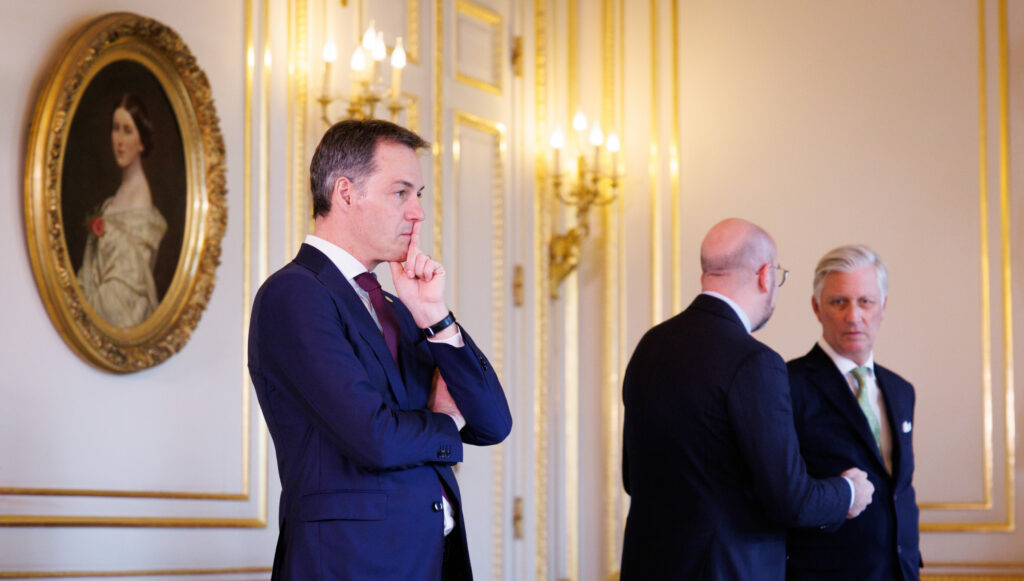Since outgoing Prime Minister Alexander De Croo (Open VLD) offered the resignation of his government to the King the day after the elections – as is standard procedure in Belgium – the country is now led by a government "in current affairs". What exactly does that mean?
Many Belgians may still remember the 541 days that the Federal Government spent in caretaker affairs after the 2010 elections, or the 652 days without an elected government after Charles Michel's government fell in December 2018 and before De Croo's new government took the oath in October 2020.
For almost a year after December 2018, Belgium was led by a "government in current affairs" until Sophie Wilmès took over as Prime Minister in October 2019.
What is such a government still allowed (and able) to do?
In theory, a government in current affairs is limited to purely administrative decisions and only settling routine (or very urgent) matters. In practice, that still gives it quite a lot of power:
- It still carries out day-to-day management that does not require any major new political decision-making, including providing a minimum budget, which works with provisional twelfths (This means that monthly expenditure may not exceed one-twelfth of the total expenditure of last year).
- It continues policies that are already decided: all initiatives stemming from the decisions that the government already approved before it fell or resigned can still be implemented.
- It implements urgent interventions prompted by exceptional circumstances – decisions that cannot be postponed for fear of damaging the country.
This concerns decisions in the context of an economic crisis, a terrorist attack or a national health emergency (such as the Covid-19 pandemic), but also includes the signing of an agreement at the European level or a decision regarding the possible participation of Belgian military personnel in an international operation.
Related News
- How long will Belgium's government formation take this time?
- Now what? How Belgium's government formation works
- Long road ahead or quick decisions: What possible coalitions can be formed?
The main task of a government in current affairs is guaranteeing the continuity of government tasks, so that the normal functioning of Belgium as a State is not hindered by ongoing negotiations to form a new government.
Any new decisions about longer-term commitments or the development of new policies are up to the next elected government.
Additionally, the Parliament is given a more important role in current affairs because it can adopt laws on its own initiative as long as a majority is found. This often happens through alternating majorities, which also gives the opposition the opportunity to have more influence on policy.

